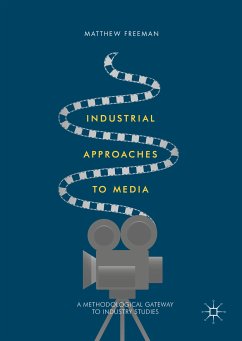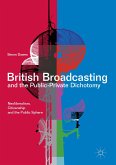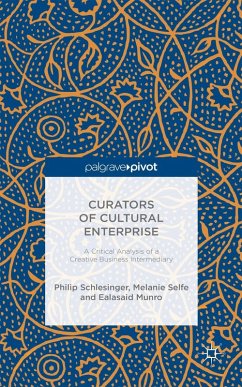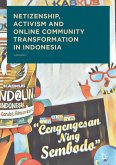This guidebook, aimed at those interested in studying media industries, provides direction in ways best suited to collaborative dialogue between media scholars and media professionals.
While the study of media industries is a focal point at many universities around the world - promising, as it might, rich dialogues between academia and industry - understandings of the actual methodologies for researching the media industries remain vague. What are the best methods for analysing the workings of media industries - and how does one navigate those methods in light of complex deterrents like copyright and policy, not to mention the difficulty of gaining access to the media industries?
Responding to these questions, Industrial Approaches to Media offers practical, theoretical, and ethical principles for the field of media industry studies, providing its first full methodological exploration. It features key scholars suchas Henry Jenkins, Michele Hilmes, Paul McDonald and Alisa Perren.
Dieser Download kann aus rechtlichen Gründen nur mit Rechnungsadresse in A, B, BG, CY, CZ, D, DK, EW, E, FIN, F, GR, HR, H, IRL, I, LT, L, LR, M, NL, PL, P, R, S, SLO, SK ausgeliefert werden.









